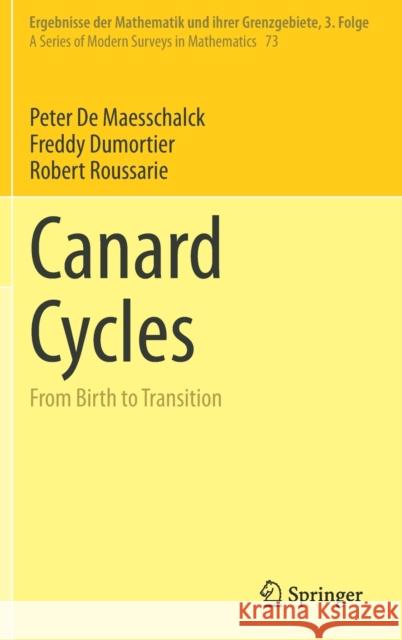Canard Cycles: From Birth to Transition » książka
topmenu
Canard Cycles: From Birth to Transition
ISBN-13: 9783030792329 / Angielski / Twarda / 2021 / 408 str.
Kategorie:
Kategorie BISAC:
Wydawca:
Springer
Seria wydawnicza:
Język:
Angielski
ISBN-13:
9783030792329
Rok wydania:
2021
Wydanie:
2021
Numer serii:
000451750
Ilość stron:
408
Waga:
0.77 kg
Wymiary:
23.39 x 15.6 x 2.39
Oprawa:
Twarda
Wolumenów:
01
Dodatkowe informacje:
Wydanie ilustrowane











